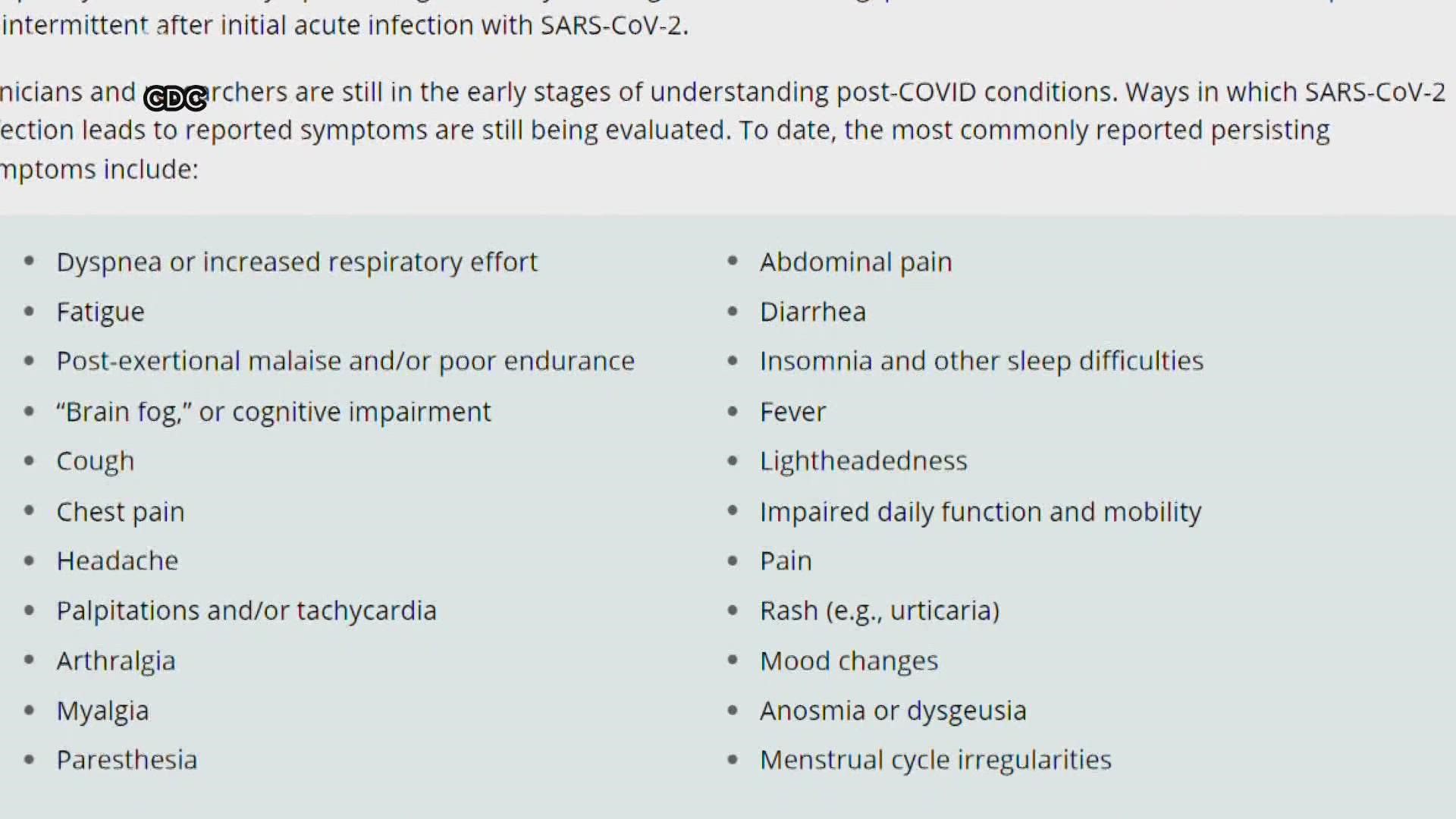ODESSA, Texas — It's been almost two years since the start of the pandemic. At this point, we likely all know someone who has been infected by the disease, or maybe we know someone still dealing with the symptoms after getting infected.
NewsWest 9 spoke with Dr. Rohith Saravanan, Chief Medical Officer at Odessa Regional Medical Center. He said there are many unanswered questions about omicron and COVID-19 in general. One of those questions being the long-term effects of the virus.
"We don't know what the underlying cause exactly is," said Saravanan. "That is why for now, we are monitoring to make sure how things change and symptom relief treatments for certain effects after getting COVID."
Saravanan said symptom treatment can go a long way to help people recover after the virus.
"For example, if you have chest pain, you can take some aspirin and maybe it relieves your chest pain," said Saravanan. "That does not mean it's necessarily the treatment of the thing that is causing the chest pain. We have medications to treat those symptoms, but we just don't know exactly what is causing them and if we can fully cure what is going on."
According to the Centers for Disease and Control Prevention website, these are most commonly reported persisting symptoms in what is labeled as "post-COVID."
"That list is a pretty wide list of things that could happen after the virus," said Saravanan. "The reason it's so broad it's because all of those things have happened, we just haven't been able to correlated it necessarily [to COVID-19]. There is not enough data to prove that, but we have seen all of those symptoms with people who have suffered with COVID."
Saravanan said no matter if the COVID variants become less severe, everyone should continue to protect themselves anyway they can.
"You will less likely get severe symptoms because you are fully vaccinated, that is clearly visible in the scientific data already," said Saravanan. "If you look at our hospitalization data right now, 95 percent of those people that are hospitalized... are unvaccinated.... Unvaccinated people tend to get more severely ill."
Saravanan said there is a notable decrease in COVID-19 cases in the area and across the United States. He hopes that surges like these don't continue to happen.

